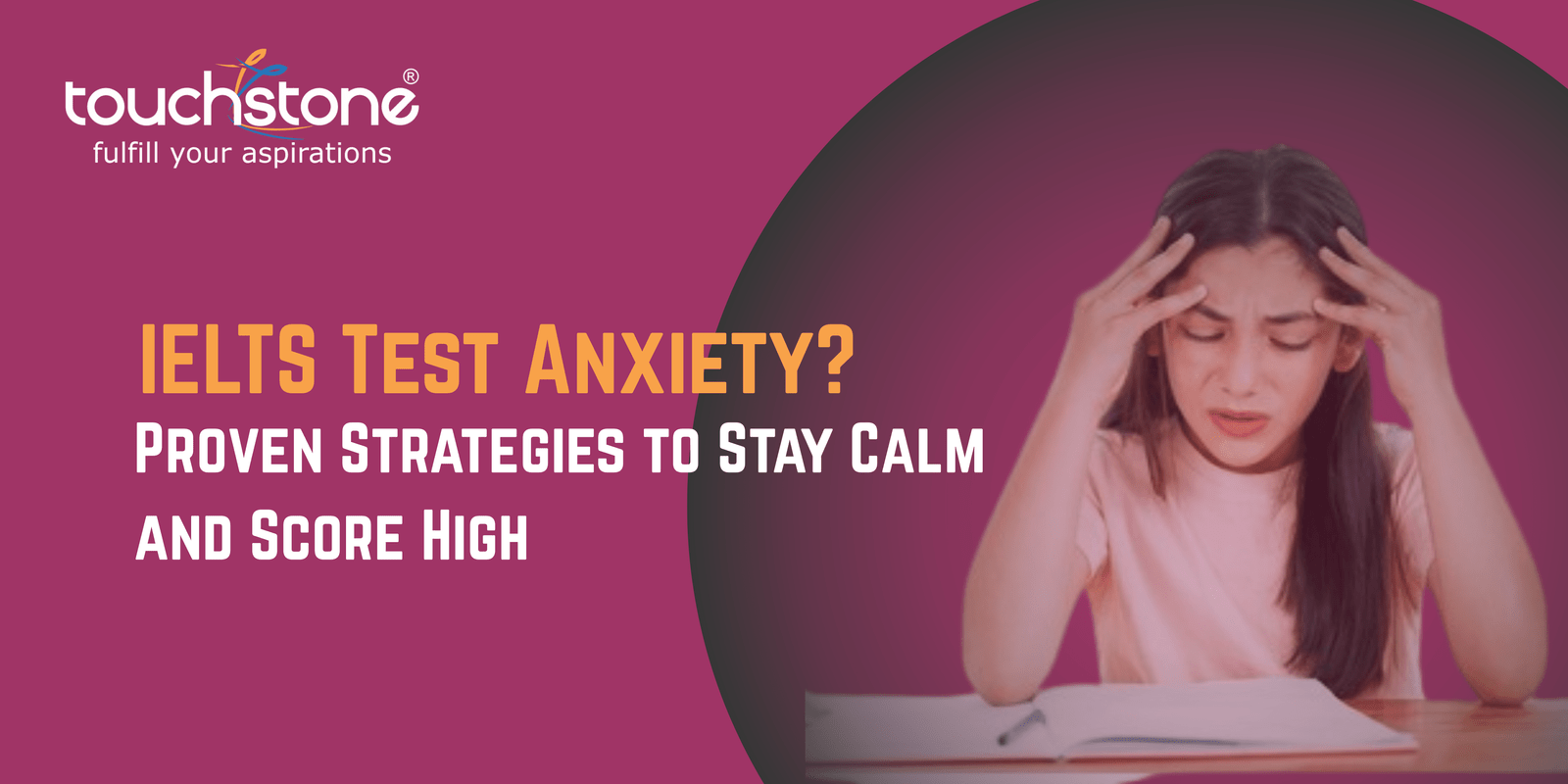The essay writing task assesses the ability to present a firm and logical viewpoint on a specific issue presented to the candidate in a clearly written essay of 250 words.
Drive out your fear of the essay writing section with these tips.
Understand the prompt
Whether you are writing for the general or academic test, make sure that you understand what the prompt is asking you to do. If you are presented an opinion based essay, identify both sides of the issue and clearly state your view point about agreement or disagreement with the opinion. Make sure that your opinion is stated in the introduction as well as in the conclusion. Rephrase your sentences while expressing similar ideas.
Avoid repeating the same point of view multiple times. Apart from the opinion based essay, you may also get different types of essays including but not limited to: problem and solutions, and advantages and disadvantages.
Under the problem and solution category of topics, make sure that the solutions you propose are clear and in accordance with the problem given in the question. For the advantages and disadvantages category, it is advisable to discuss both the sides equally and include the major advantages and disadvantages in the conclusion.
Avoid using the exact words given in the question
It is advisable not to pick the same words as given in the question. Always restructure the sentence and use synonyms and antonyms wherever possible.
Build a pattern of writing
The best pattern of writing an essay is to introduce the subject, state your viewpoint on it in a few paragraphs and proceed to a conclusion. Try not to close the essay with an unanswered question or an ambiguous opinion. For opinion based topics always follow an argumentative style. Write your essay in a way that the sentences begin like an argument against what is existent. For instance, “In spite of the fact that…”, “Contrary to what is known…”, “Even though…” etc.
Facts and figures
This requires thorough knowledge of the subject. Do not write any figures about the topic if you are not aware of the accurate facts.
Maintain the word count
There is no extra credit for writing long essays. On the contrary, it will only consume valuable time. 250 to 300 words is a safe range. You will lose score for writing less than 250 words.
Divide the essay in paragraphs
This makes the essay very neat and easy to read. It is extremely cumbersome to read an essay if the points are presented incoherently. Make sure that each paragraph is complete and it is easy for the reader to understand the main points and ideas expressed in each paragraph.








